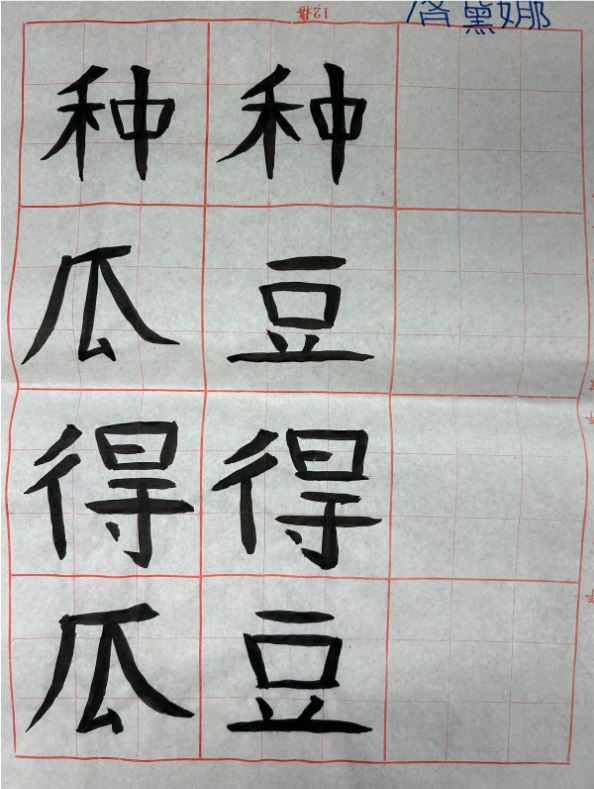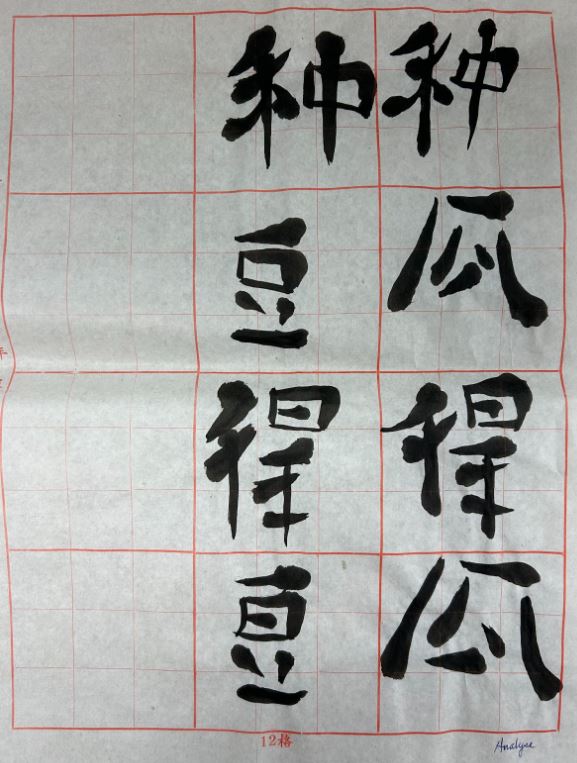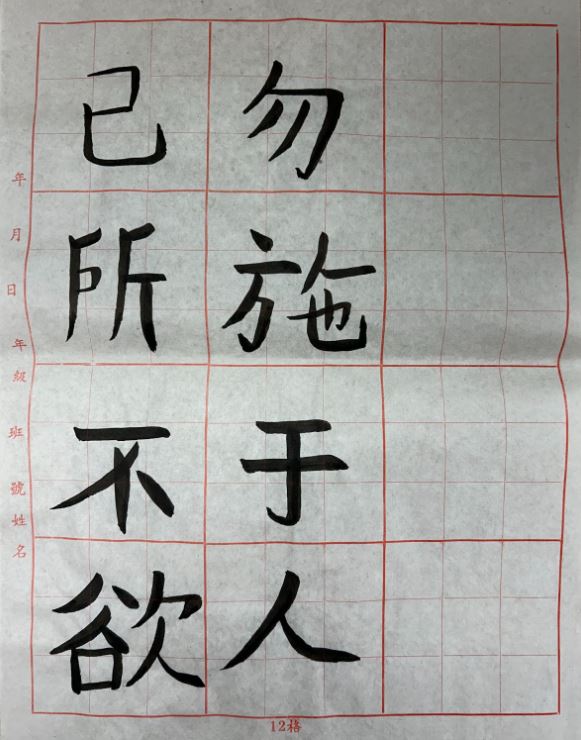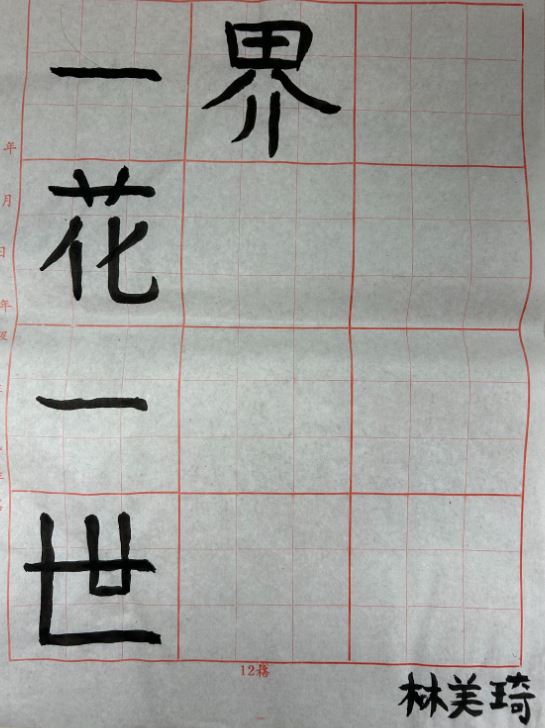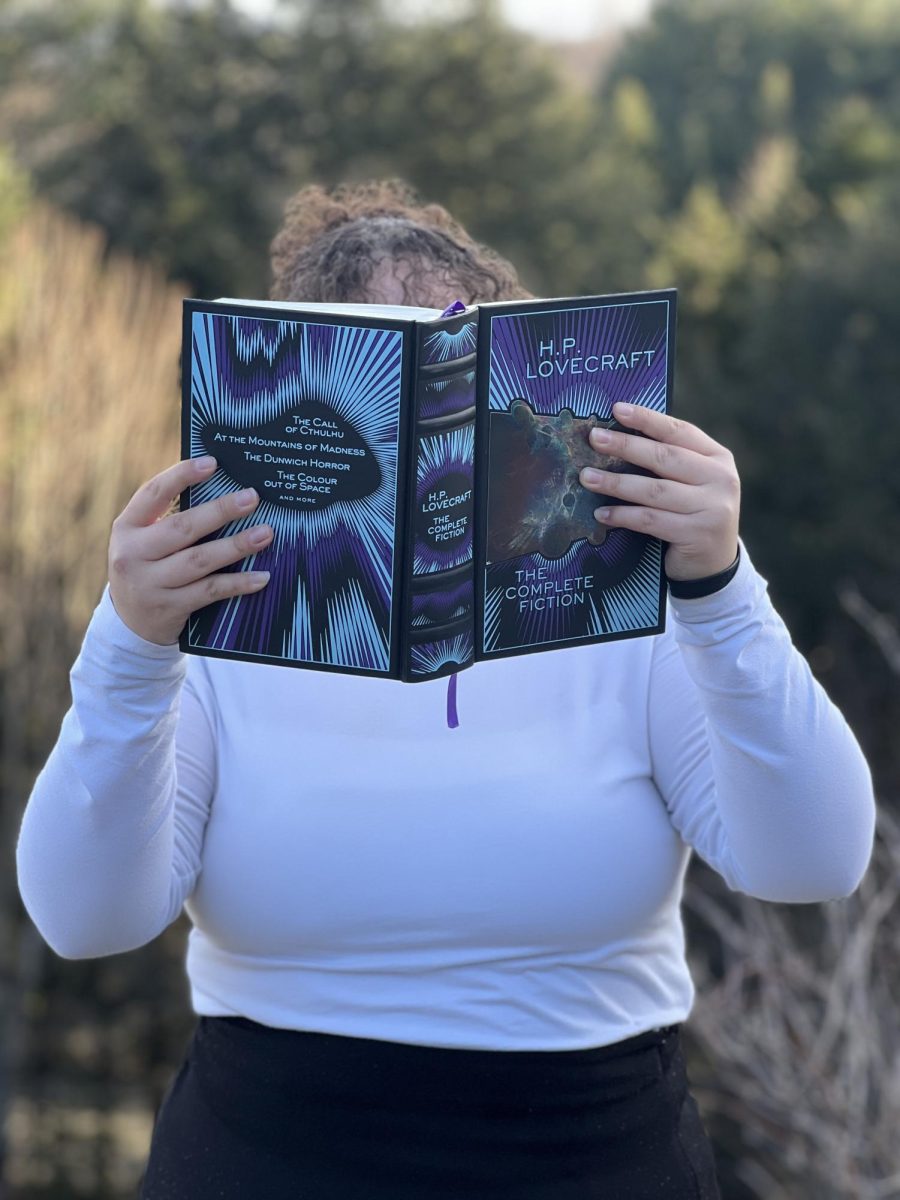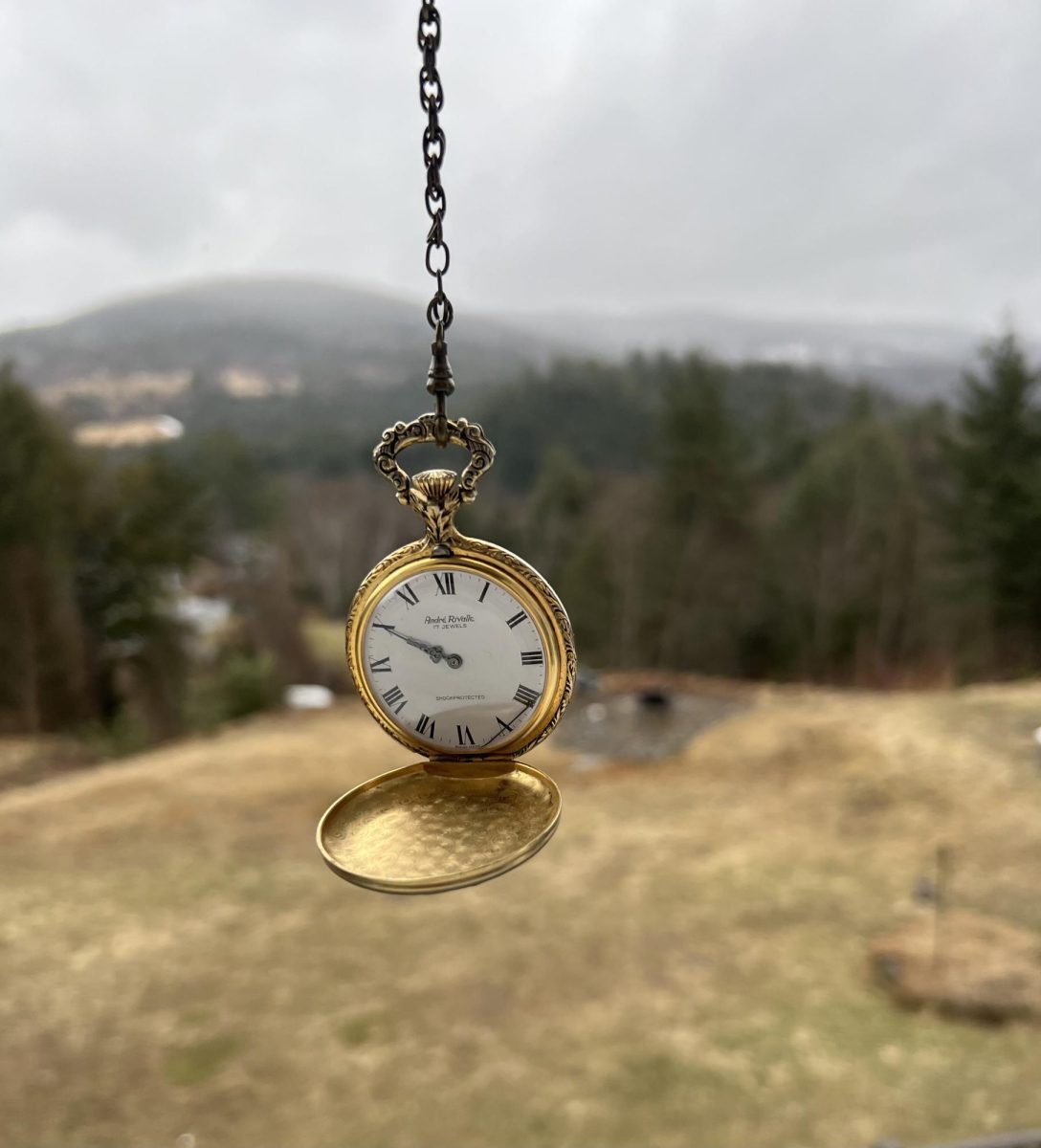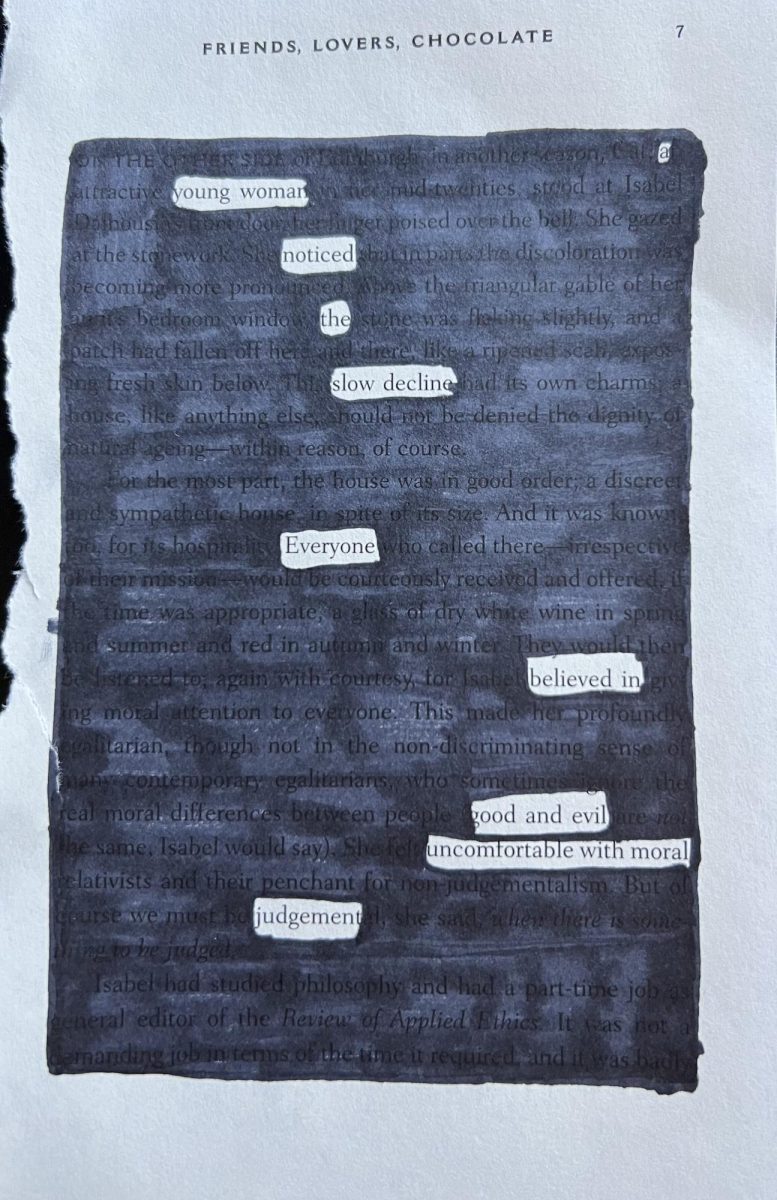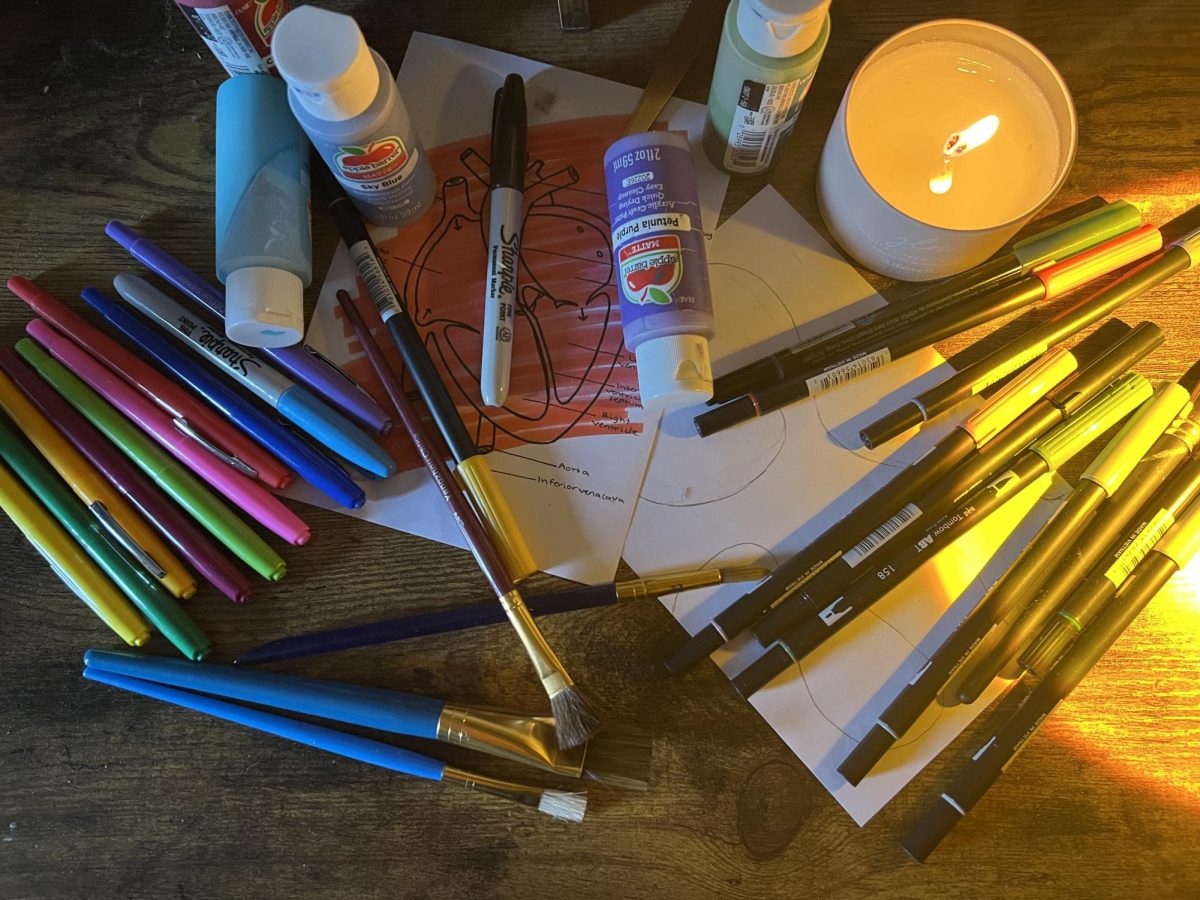Calligraphy from HUMA199B Chinese Calligraphy
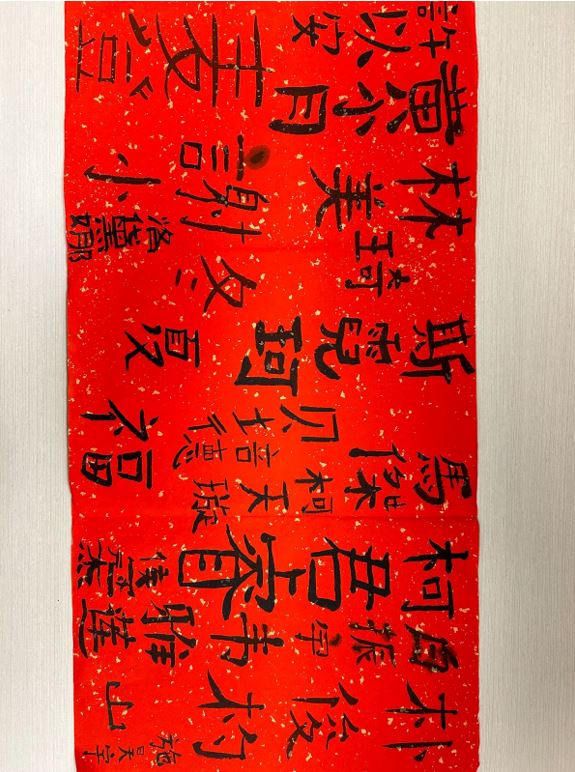
Chinese Calligraphy is an ancient form of art. The evolution of scripts follows the continuous development of Chinese history. From oracle bone inscriptions, bronze inscriptions, seal scripts, clerical scripts, and regular scripts, to running and cursive scripts, each historical stage presents distinct calligraphic habits and styles. Therefore, the history of Chinese calligraphy serves as a clear reflection of Chinese history.
In HUMA199B Chinese Calligraphy class, we focus the writing practice on the regular scripts. Students develop their brush techniques and further their understanding of Chinese character structures and radicals through extensive hands-on exercises. From calligraphy practices, students will be able to understand the importance of the stroke orders and the aesthetic balance and meditative harmony through the flow of the calligraphy brush.
HUMA199B Chinese Calligraphy was offered in Fall 2023 to introduce Chinese minors and the general student population to Chinese language and culture. Through repetitive yet expressive motions of calligraphy writing, students deepened their appreciation of this unique art form and established a profound connection between the language and culture. Below are calligraphy writings created by students from HUMA199B.
This original artifact design applies the character and calligraphy knowledge the class participants acquired in Fall 2023. Students signed their Chinese names on a large piece of red paper, which is usually used for writing spring couplets during Chinese New Year.
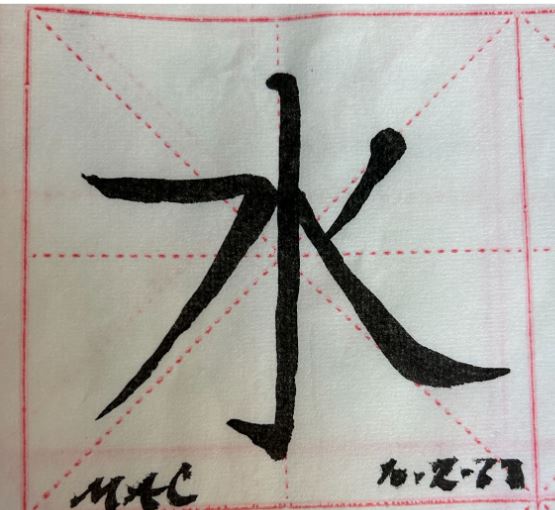
This original artifact design applies the character and calligraphy knowledge Michael A. Cypher acquired in Fall 2023. The meaning of this character is water.
Click on the image to see the entire calligraphy.
This original artifact design applies the character and calligraphy knowledge Lakshya Shah, Laura Deaton, and Analyse Hughes acquired in Fall 2023. The meaning of this phrase can be interpreted as “As you sow, so shall you reap.”
Click on the image to see the entire calligraphy.
This original artifact design applies the character and calligraphy knowledge Analyse Hughes acquired in Fall 2023. The meaning of this phrase can be interpreted as “As you sow, so shall you reap.”
Click on the image to see the entire calligraphy.
This original artifact design applies the character and calligraphy knowledge Andrii Shadrin acquired in Fall 2023. The meaning of this Confucius saying can be interpreted as “Do not do to others what you don’t want to be done to you.”
Click on the image to see the entire calligraphy.
This original artifact design applies the character and calligraphy knowledge Maggie R. Lim acquired in Fall 2023. The meaning of this short phrase is from Buddhāvataṃsaka Sūtra (Huáyán jīng in Chinese). It interprets the world view as “A tiny flower represents a chiliocosm, as a single tree covers the bodhi.” It expresses a similar idea as the poem “to see a world in a grain of sand” written by William Blake.
Click on the image to see the entire calligraphy.
Your donation will support the student journalists of Norwich University. Your contribution will allow us to purchase equipment and cover our annual website hosting costs.
